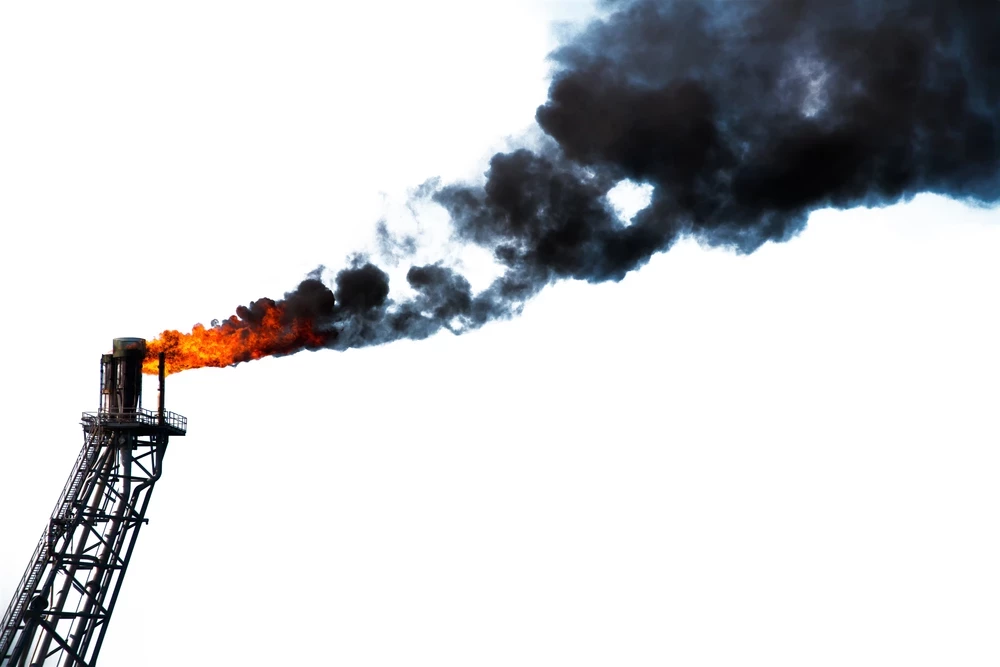Assessing Ecosystem Liabilities of Oil and Gas Activities in Southern Nigeria
Add bookmarkWe respect your privacy, by clicking "Download Your Copy" you agree to having your details passed onto the sponsor who may promote similar products and services related to your area of interest subject to their privacy policy. You have the right to object. In addition, you will receive our e-newsletter, including information on related online learning opportunities. For further information on how we process and monitor your personal data, and information about your privacy and opt-out rights, click here.
Since the discovery of oil in the Niger Delta region, the sector’s contribution to Nigeria’s economy came at a huge environmental cost involving recurrent spills resulting in the spewing of oil into sensitive ecosystems.
In the process, gas flaring from the industry has accelerated at an alarming rate and degrading the fragile mangrove ecosystem. The problems are characterized by widespread pollution of water resources and threats to the surrounding ecology in the form of deforestation, loss of habitats, and damage to biodiversity. Yet very little has been done to fully assess the impacts on the Delta region. In that light, this research uses mix-scale methods of GIS and descriptive statistics to assess the environmental liabilities of petroleum activities in Southern Nigeria from 1963-2013.
Emphasis is on the issues, ecological analysis of the impacts, factors and spatial analysis. While the results point to changes in production and ecosystem degradation prompted by the concentration of greenhouse gases, rise in CO2 emissions, widespread incidents of gas flaring and oil spills. GIS mappings show a gradual dispersion of various liabilities such as fire outbreaks at facilities all through 2002-2003 along with visible presence of gas flaring in the 2000s followed by a robust spread of oil spills across various states in the Delta between the periods of the 1980s-1990s and a reemergence in the 2000s. The spatial cluster of supply infrastructure stayed intact while oil shipments to different zones in Nigeria fluctuated in the South with slight increases in the North from 2007-2013.
With the ecological liabilities linked to socio-economic factors of ineffective guidelines, local demands and oil exports, this paper proffers suggestions ranging from the strengthening of policy to continued impact assessment.
Click the red button to download your FREE copy of the research paper by Dr Yaw A Twumasi
This paper was orginally posted at Academia.net and is reproduced with permission from the author.






















